The BEST episodes directed by Stephen Cooter
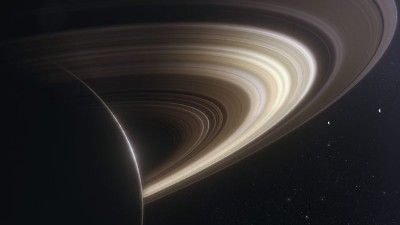
#1 - Life Beyond the Sun: Saturn
The Planets (2019) - Season 1 - Episode 4
Professor Brian Cox reveals the history of Saturn. Saturn began life as a strange planet of rock and ice and in time transformed into a gas giant, ring-less and similar looking to its rival, Jupiter.
Watch Now:Amazon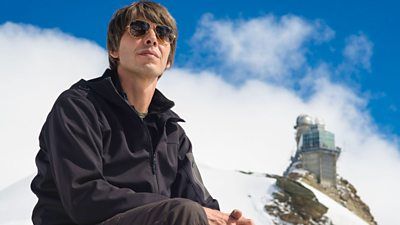
#2 - The Pale Blue Dot
Forces of Nature with Brian Cox - Season 1 - Episode 4
In this final episode Professor Brian Cox travels to Iceland, where the delicate splendour of a moonbow reveals the colours that paint our world, and he visits a volcano to explain why the sun shines. By exploring how sunlight transforms the plains of the Serengeti, drives the annual migration of humpback whales to the Caribbean and paints the moon red during a lunar eclipse, Brian reveals the colour signature of our life-supporting planet. Finally, at an observatory high in the Swiss Alps, he shows how these colours aren't simply beautiful, but that understanding how they're created is allowing us to search for other Earths far out in the cosmos.
Watch Now:Amazon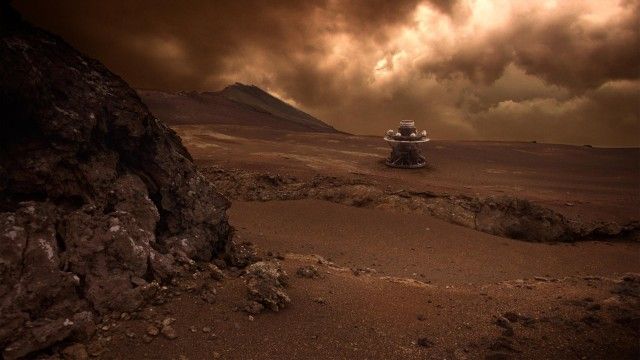
#3 - A Moment in the Sun: The Terrestrial Planets
The Planets (2019) - Season 1 - Episode 1
The rocky planets Mercury, Venus, Earth, and Mars were born at the same time from the same material - yet have lived radically different lives. What immense forces are at play?
Watch Now:Amazon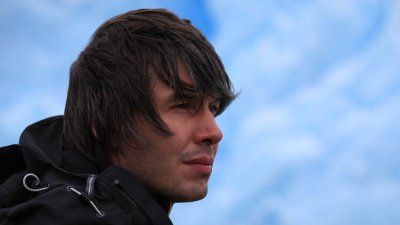
#4 - Destiny
Wonders of the Universe - Season 1 - Episode 1
In this episode, Brian seeks to understand the nature of time and its role in creating both the universe and ourselves. From an extraordinary calendar built into the landscape of Peru to the beaches of Costa Rica, Brian explores the cycles of time which define our experience of life on Earth. But even the most epic cycles of life can't begin to compare to the vast expanse of cosmic time. For instance, just as the Earth orbits the Sun, the solar system orbits the entire Milky Way galaxy. This orbit takes a staggering 250 million years to complete. Ultimately, Brian discovers that time is not characterised by repetition but by irreversible change. From the relentless march of a glacier, to the decay of an old mining town, the ravaging effects of time are all around us. The vast universe is subject to these same laws of change. As we look out to the cosmos, we can see the story of its evolution unfold, from the death of the first stars to the birth of the youngest. This journey from birth to death will ultimately lead to the destruction not just of our planet, but also the entire universe, and with it the end of time itself. Yet without this inevitable destruction, the universe would be without what is perhaps the greatest wonder of all; the brief moment in time in which life can exist.
Watch Now:Amazon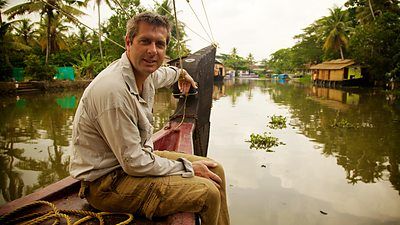
#5 - Eurasia
Rise of the Continents - Season 1 - Episode 4
To reveal Eurasia's origins, Prof Iain Stewart climbs up to the "eternal flames" of Mount Chimaera and explains that where the South of Eurasia is today, there was once a ninety-million-square-kilometre Ocean known as the Tethys. Destruction of the Tethys Ocean led to Eurasia's formation. The freshwater fish called Karimeen, from the backwaters of Kerala in Southern India is a clue that India was once four thousand kilometres south of its current position on the other side of the Tethys, joined to Madagascar.
Watch Now:Amazon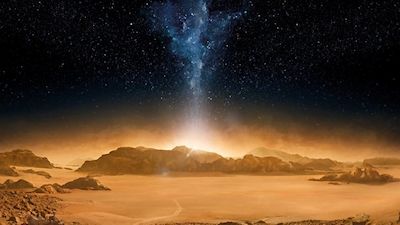
#6 - The Godfather: Jupiter
The Planets (2019) - Season 1 - Episode 3
Brian Cox continues his exploration of the solar system with a visit to a planet that dwarfs all the others: Jupiter. Its size gives it a great power that it has used to manipulate the other planets.
Watch Now:Amazon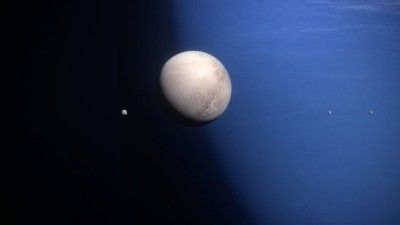
#7 - Into the Darkness: Ice Worlds
The Planets (2019) - Season 1 - Episode 5
In the final episode, Professor Brian Cox journeys to the remotest part of the solar system, a place that the most mysterious planets call home.
Watch Now:Amazon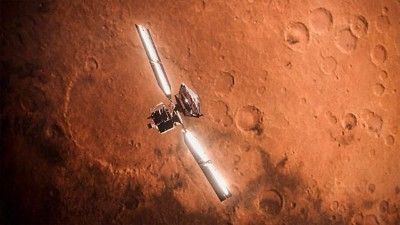
#8 - The Two Sisters: Earth & Mars
The Planets (2019) - Season 1 - Episode 2
Professor Brian Cox continues his tour of the solar system revealing that it was once home to not one, but two blue planets.
Watch Now:Amazon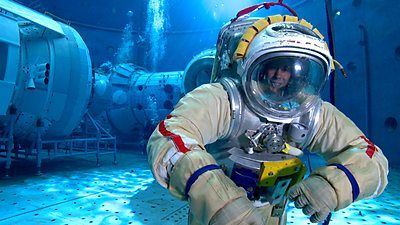
#9 - Apeman - Spaceman
Human Universe - Season 1 - Episode 1
Beginning in Ethiopia, Professor Brian Cox discovers how the universe played a key role in our ascent from apeman to spaceman by driving the expansion of our brains. But big brains alone did not get us to space. To reveal what did, Brian heads out of Africa to the ancient city of Petra in Jordan, where he unpicks the next part of our story - the birth of civilisation - and then on to Kazakhstan, where he witnesses the return of astronauts from space and explains what took us from civilisation to the stars.
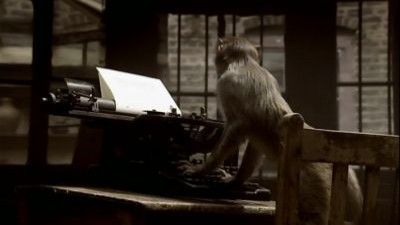
#10 - To Infinity and Beyond
Horizon - Season 2010 - Episode 5
By our third year, most of us will have learned to count. Once we know how, it seems as if there would be nothing to stop us counting forever. But, while infinity might seem like an perfectly innocent idea, keep counting and you enter a paradoxical world where nothing is as it seems. Mathematicians have discovered there are infinitely many infinities, each one infinitely bigger than the last. And if the universe goes on forever, the consequences are even more bizarre. In an infinite universe, there are infinitely many copies of the Earth and infinitely many copies of you. Older than time, bigger than the universe and stranger than fiction. This is the story of infinity.
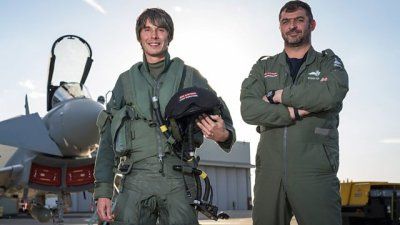
#11 - Somewhere in Spacetime
Forces of Nature with Brian Cox - Season 1 - Episode 2
Professor Brian Cox follows Earth's epic journey through space. He takes to the air in a top-secret fighter jet to race the spin of the planet and reverse the passage of the day. In Brazil, a monstrous wave that surges up the Amazon River provides an epic ride of a different kind - chased by a top surfer through the rainforest, this tidal wave marks Earth's constant dance with the Moon. Greenland experiences some of the biggest swings in seasons in the world, but despite the deep freeze, the harsh winter brings opportunity to the Inuit people who live there. All this spectacle here on Earth signals that we are thundering through the universe at breakneck speed. Brian explains why we can't feel it and how understanding motion brings us to understanding the nature of space and time itself, leading to the astonishing conclusion that the past, present and future all exist right now.
Watch Now:Amazon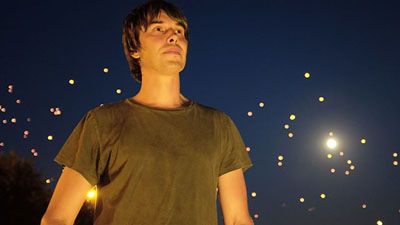
#12 - A Place in Space and Time
Human Universe - Season 1 - Episode 4
Professor Brian Cox explores our origins, place and destiny in the universe. We all start our lives thinking that we are at the centre of the universe, surrounded by our family and the world as it spins around us. But the urge to explore is strong. Brian tells the story of how our innate human curiosity has led us from feeling that we are at the centre of everything, to our modern understanding of our true place in space and time - that we are living 13.8 billion years from the beginning of the universe, on a mere speck of rock in a possibly infinite expanse of space. The story begins with Brian climbing to the summit of the spectacular fortified village of Ait-Ben-Haddou in the foothills of Morocco's Atlas Mountains. Here he reveals how, by watching the stars' motion across the night's sky, it was natural for us to believe we were at the centre of everything - a view that held sway for millennia. It was in Renaissance Venice that our demotion from the centre of the universe began. Here, thanks to the artisan glass-blowers in the city, Galileo was able to build the first telescope and discover our position was not at the centre, rather just one of a number of planets that orbit the sun. Perhaps the true scale of the universe was most keenly felt by those rare individuals who, for a moment, left our planet behind and headed off into deep space. Astronaut Bill Anders recounts what it was like to see the Earth from this extraordinary vantage point. He tells the story of one of the most famous images in history: his Earthrise photograph taken from lunar orbit in 1968. Since then, our satellites and telescopes have allowed us to see further into space. We have travelled across light years to see to the edges of our own Milky Way galaxy and beyond, to thousands of other galaxies, all the way to the edge of the visible universe some 46 billion light years away. Having found our place in space, Brian turns his attention to our location in time. The film follo
Watch Now:Amazon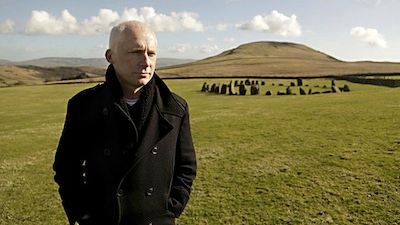
#13 - Numbers
The Code (2011) - Season 1 - Episode 1
What do the proportions of Chartres Cathedral share with the life cycle of the cicada, with how we hear sound, and with the intricately designed nautilus shell? Du Sautoy investigates their sacred numbers and the power of pi.
Watch Now:AmazonApple TV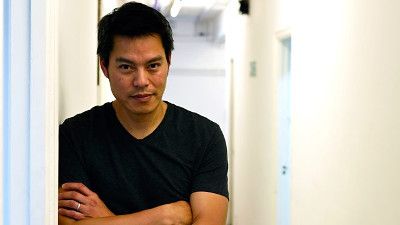
#14 - Cyber Attack - The Day the NHS Stopped
Horizon - Season 2017 - Episode 8
A few weeks ago, the National Health Service was hit by a widespread and devastating cyber attack - Horizon tells the inside story of one of the most challenging days in the history of the NHS. On the morning of 12 May the attack started. Appointment systems, pathology labs, x-rays and even CT scanners were infected - putting not just data but patients lives at risk, and on every screen a simple - some may even say polite - message appeared. 'Ooops, your files have been encrypted!' But what followed was far from civilised. It was very clear that all the data on an infected machine was now scrambled and only the hackers could unscramble it. For a price - and with an extra twist - after a few days the ransom money doubled, and if nothing was paid within a week, the hackers threatened to destroy all the data - forever